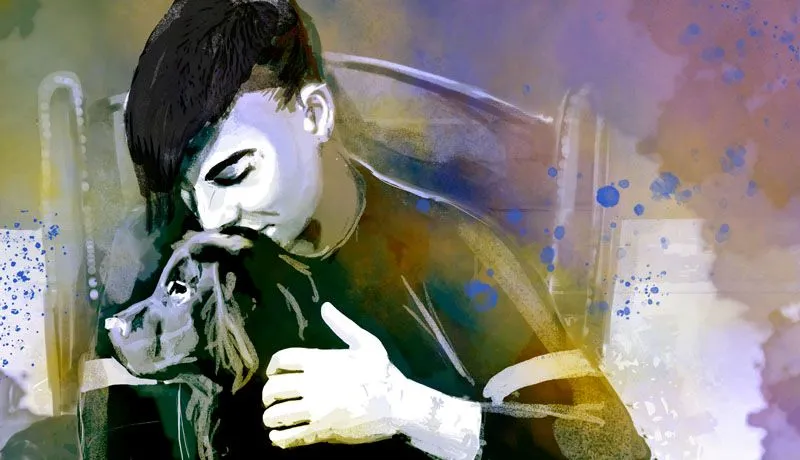5 minutes - Article
Turning 18 can be a very stressful time and it’s common to have fears about what’s coming next.
Peter Smyth has been with Alberta Children’s Services for many years and spent a lot of time working with youth on their transition to adulthood plans.
“I think in the transition phase, some people make assumptions that because they've reached the magical age of 18, that they should be able to figure these things out on their own.”
It's not about "going it alone"
Peter says that the transition to adulthood is a gradual process and isn’t expected to happen the day you turn 18.
“We use the word independence all the time”, says Peter, “There is a connotation with that word that you’re going to be on your own after you leave the system. That’s not what we want! We're not looking for you to be independent, we're looking for you to be interdependent.”
Interdependence means having people in our lives that help and support us. Interdependence also means going back and forth with your caseworker as plans or situations change. Peter says that your relationship with your caseworker and other supports can continue well in your early 20’s.
“I've been caught off guard sometimes because youth I felt I had really strong relationships with, as they got close to 18, would say, “Well, I'm 18, you're not just going to close my file?” I said I would never do that! We'll keep working past 18. You'll be OK.”
Change is natural
Even if your transition to adulthood plan isn’t going to plan, it’s never too late to talk about it and make changes, the important thing is to keep your supports in the loop.
“We can go back to the youth and say, Hey, this is your plan. So what what's getting in the way? What can I do better to support you? What fears do you have?”
Peter says that if youth make a mistake or are having trouble with their plans, that it’s best to face those problems head on. He’s says that being open and honest about issues getting in the way of plans is often the best way to deal with them.
“If youth make mistakes or fall backwards, that's all right. Let's pick up and keep going. Even a second chance, a third chance, a fourth chance. “
Mistakes happen, move forward!
By facing mistakes and looking forward, youth and caseworkers can make realistic transition plans that have a good chance of success.
“Sometimes goals can be more of a fantasy and you just expect that things are going to unfold a certain way. Why is this a fantasy? Why can't this be real? What do we need to put in place to make to make this happen?”
